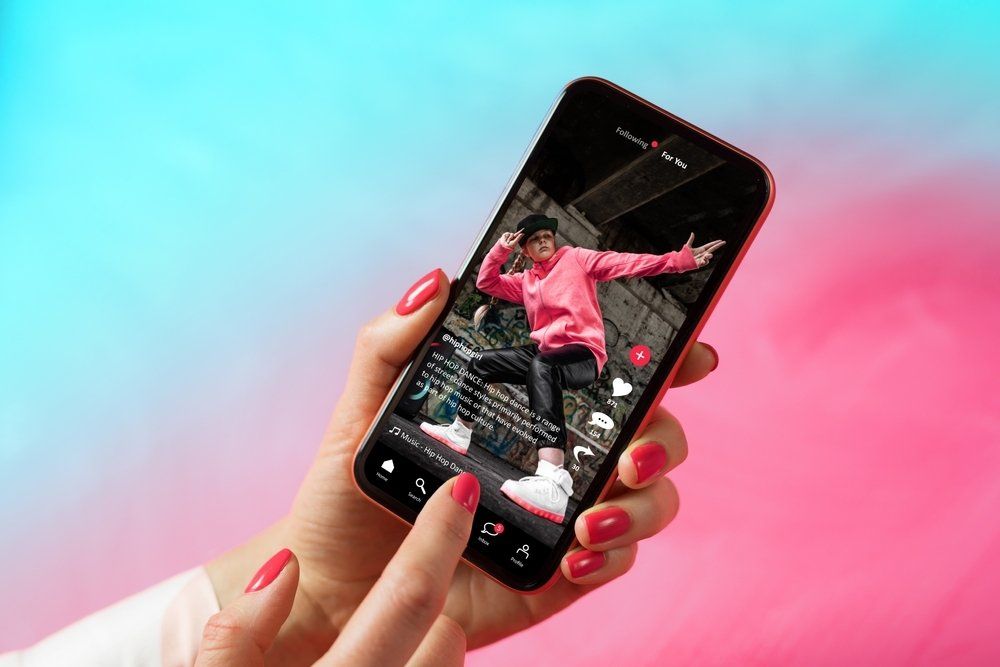New Insights: What Do Consumers REALLY Think About Influencers?
New Insights: What Do Consumers REALLY Think About Influencers?

Do you wonder if influencer marketing lives up to all the hype? Curious if influencers actually drive results for brands?
We hear these questions all of the time and instead of theorizing on influencer marketing, let’s tackle these questions with new data.
Izea, who has a strong foothold in the influencer marketing industry recently released a report about consumer trust and influencers.
It’s full of fantastic insights and you can read the whole thing
here, but it’s a little lengthy so we extracted the key data points and takeaways in this post.
Methodology
Izea surveyed over 1,200 social media users for their report and asked questions about how influencer-generated content resonates with them.
The report represents consumers in different age demographics for a really thorough understanding of the effectiveness of influencer marketing.
Respondents were based in the U.S and were an even split of male and female.
Influencers and Product Discovery
The report dives into how consumers go about finding new products to buy.
Influencer posts is the number one way that consumers report learning about products to try with 36% of respondents claiming that influencer posts is how they learn about products.
When it comes to discovery of products via influencer–generated content, ages 30-33 are the most likely to buy a product based on an influencer’s recommendation. Over 45% of consumers in this age range prefer to learn about new products from influencers.
Consumers ages 18-44 years old are twice as likely to try a product recommended by an influencer than a TV ad. However, consumers over the age of 44 still prefer TV ads.
Sponsored Posts and Trust
Sponsored posts have their purpose in digital marketing so it’s important to know where to use your budget.
62% of consumers report that they trust a sponsored post from an influencer as opposed to a celebrity.
Not only that, but, 56% of consumers report buying a product that they learned about from an influencer via a sponsored post.
When it comes to an influencer’s sponsored post, 61% of consumers have engaged with this type of post.
Channels That Resonate Best With Consumers
Respondants were asked which platforms they prefer to hear about an inflfuencer’s recommendation on.
The number one platform is YouTube followed closely by Facebook and Instagram. TikTok is in the middle. Twitter, Pinterest and blog represented less than 3% of consumer preferences.
Diving a little deeper, men favor YouTube to follow influencers and women prefer Facebook and Instagram. It’s also important to note that consumers over the age of 60 largely prefer influencer-generated content on Facebook.
Key Takeaway: Does Influencer Marketing Work?
Yes, influencer marketing works!
To do influencer marketing in an actionable way, be sure to consult posts and reports like this one to determine which channels and influencers will reach your target consumer.
More Reading
Influencer-generated content clearly resonates with consumers and brings in new audiences and sales. If you want to read more influencer marketing insights and strategies, we’ve got you covered!
- Do Consumers Actually Buy My Products When I Partner With Influencers?
- Micro-Influencers Are the Hottest Thing Since Sliced Bread
- 15 Influencers Weigh In on How They Like to Work With Brands
Do you think influencer marketing is a valuable strategy? We’d love to read your opinion in the comments below!










